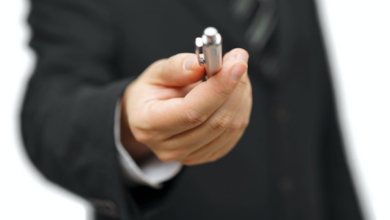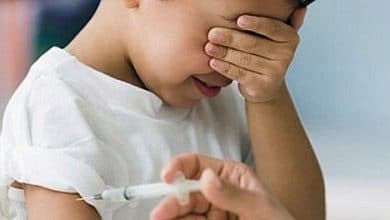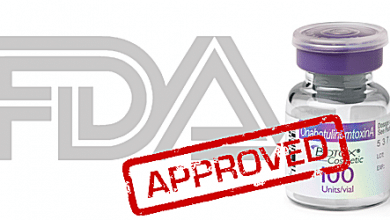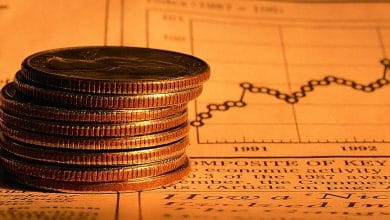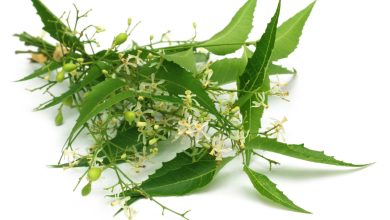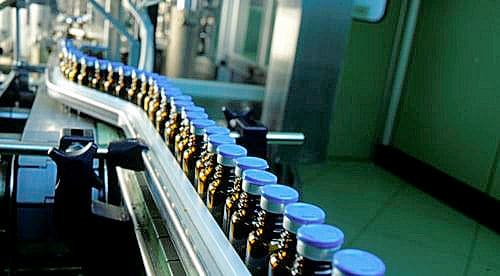
The worldwide turnover of APIs reaches 43 billion, of which the 10% is made at the national level. Big Pharma returns to buy in Europe. To continue to grow and keep up with the Asian competition, the train of biotechnological drugs cannot be missed.
Of Aboutpharma Online editorial staff – October 18, 2016 – Aboutpharma
 Good news for the Italian pharmaceutical raw materials sector. The sector stands up to the competition from Asian countries and once again occupies a leadership position on the international scene, realizing 10% of the entire global turnover of the sector, equal to approximately 43 billion dollars. A victory that was presented today in Milan during the 2016 Forum of Aschimfarma, the Federchimica association that represents the producers of active pharmaceutical ingredients (APIs) in Italy.
Good news for the Italian pharmaceutical raw materials sector. The sector stands up to the competition from Asian countries and once again occupies a leadership position on the international scene, realizing 10% of the entire global turnover of the sector, equal to approximately 43 billion dollars. A victory that was presented today in Milan during the 2016 Forum of Aschimfarma, the Federchimica association that represents the producers of active pharmaceutical ingredients (APIs) in Italy.
National production is distinguished by the high quality and extreme specialization of the sector, also recognized by many big pharma companies which have returned to buy in Europe in recent years, and in particular in Italy. "We have long since met the most important challenges of globalization, producing according to high quality standards and sophisticated specialization, as well as technological change, with investments in human capital and Industry 4.0" he comments Gian Mario Baccalini, president of Aschimfarma.
According to an industry study, presented today by Giampaolo Vitali, professor of Business Economics at the University of Turin, the cost of labor per capita in the API sector is 50% higher than the manufacturing average, the ratio between investments and employees is more than three times that of the manufacturing sector and operating profitability is more than double. “The API sector – explains Vitali – is a sector of excellence that represents a development model for the rest of the economy”. The shares of Italian exports are high and today represent 85% of the production of around 80 national companies. Outside Europe, nearly 30% of exports is harvested from the United States (the world's largest market) and 6% from Japan, highly compliant markets. "The success of the API sector also underlies a good model of sustainable development - adds Vitali - declined both in the form of economic sustainability (good performance and growth), and social (employment retention, skilled work and low injuries), and environmental  (reduction of emissions, energy recovery and respect for the environment)”. This last point, ie the green impact, will acquire more and more importance. “The environmental impact – he underlines Luke Pani, director general of Aifa – will be the final match to fight with the Asian countries”.
(reduction of emissions, energy recovery and respect for the environment)”. This last point, ie the green impact, will acquire more and more importance. “The environmental impact – he underlines Luke Pani, director general of Aifa – will be the final match to fight with the Asian countries”.
However, there are still some critical points to be addressed. First of all, the uncertainty of the times of the bureaucracy which hinders the company's fulfillment and prevents a medium-long term vision. It is also necessary "to make the European regulatory context more homogeneous - continues Vitali - by avoiding institutional competition between the countries of the Union, which favors the less regulated areas to the detriment of the more controlled ones, and also to make the global regulatory context more homogeneous, by imposing a greater compliance with international standards also by Asian companies”. Finally, to promote the growth of the sector, outlines the teacher, it is necessary to encourage "the entry of non-speculative industrial capital that invests in the medium-long term for the dimensional and technological growth of companies". Only in this way will it be possible to meet the new challenge of biological and biosimilar drugs. “A market – warns Baccalini – from which we absolutely cannot stay out. The production technologies of biotechnological drugs must be an integral part of the strategies of API producers". To compete internationally, national companies will have to make large investments in "technological platforms for the production of monoclonal antibodies, nanotechnologies, sensors combined with small molecules, implantable systems for the controlled release of drugs, mixed productions" concludes Pani.
Related news: Brochure Forum Aschimfarma
Pharmaceutical raw materials, Aschimfarma: «This is how we beat our Asian competitors»
Aschimfarma Forum: more controls for non-EU producers
Pharmaceutical. In the first 8 months of 2016, a negative import/export balance of 1.5 billion euro

